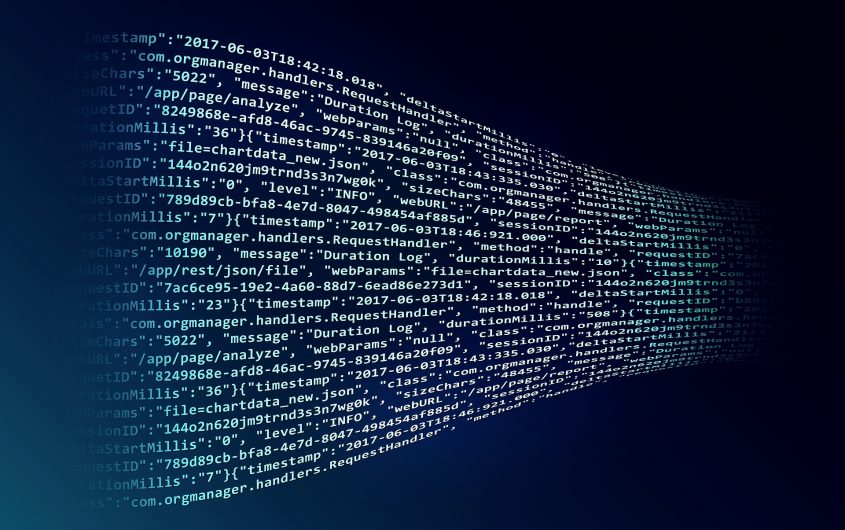AGI News
AGI and Microsoft launch cybersecurity roundtable on public-private partnerships

Pixabay

Sarah Lohmann
Dr. Sarah Lohmann is Non-Resident Fellow with the American-German Institute. Dr. Lohmann is an Acting Assistant Professor in the Henry M. Jackson School for International Studies and a Visiting Professor at the U.S. Army War College. Her current teaching and research focus is on cyber and energy security and NATO policy, and she is currently a co-lead for a NATO project on “Energy Security in an Era of Hybrid Warfare”. She joins the Jackson School from UW’s Communications Leadership faculty, where she teaches on emerging technology, big data and disinformation. Previously, she served as the Senior Cyber Fellow with the American Institute for Contemporary German Studies at Johns Hopkins University, where she managed projects which aimed to increase agreement between Germany and the United States on improving cybersecurity and creating cybernorms.
Starting in 2010, Dr. Lohmann served as a university instructor at the Universität der Bundeswehr in Munich, where she taught cybersecurity policy, international human rights, and political science. She achieved her doctorate in political science there in 2013, when she became a senior researcher working for the political science department.
Prior to her tenure at the Universität der Bundeswehr, Dr. Lohmann was a press spokeswoman for the U.S. Department of State for human rights as well as for the Bureau of Near Eastern Affairs (MEPI). Before her government service, she was a journalist and Fulbright scholar. She has been published in multiple books, including a handbook on digital transformation, Redesigning Organizations: Concepts for the Connected Society (Springer, 2020), and has written over a thousand articles in international press outlets.
On the same day that President Trump and Chancellor Merkel met in Washington to discuss priorities for the transatlantic agenda, the American-German Institute hosted a roundtable at Microsoft Berlin to discuss ways to strengthen the bilateral relationship through public-private partnerships.
The German-American Cyber Roundtable was attended by members of the Bundestag and the U.S. Embassy; leaders in the tech community, academia, and the military; and U.S. and German policymakers. The roundtable examined how government and nongovernment actors can work together to strengthen early warning and protect against cyber-attacks and illegal intrusions, and brainstormed about developing common strategies for strengthening cybersecurity.
American and German participants discussed how states can responsibly use cyber tools to protect national security and foster international security, what oversight and accountability mechanisms are needed to ensure legitimacy and longevity in cyber operations, and how Germany and the United States can work together to strengthen their cyber defense against common enemies. How the groundwork is created for confidence-building measures as a precondition for attribution, even when multilateral formats have failed, was debated. The necessity of information-sharing between Computer Emergency Response Teams (CERTS) and security agencies will remain necessary, as will a strong Europe committed to cyber norms. The role of smart spending on cybersecurity in both countries provided room for discussion.
The need for the private sector to be part of the dialogue, not only as administrators of government policies, but as standard-setters for privacy and critical infrastructure protection, will remain a priority. Likewise, close cooperation between state agencies and the private sector will remain vital to ensure protection of infrastructure serving the state, the military, and civil society, as well as intellectual property. Agreeing to uphold binding standards to strengthen cybersecurity and advance digitalization will be a vital part of that cooperation. Whether agreement can be found for such standards beyond corporate board rooms could be a question for the upcoming G-7.
The Cyber Roundtable will continue discussing proposals for the way forward for both countries to strengthen cybersecurity through public-private partnerships at its next workshop at AGI in Washington, DC, on May 23.








